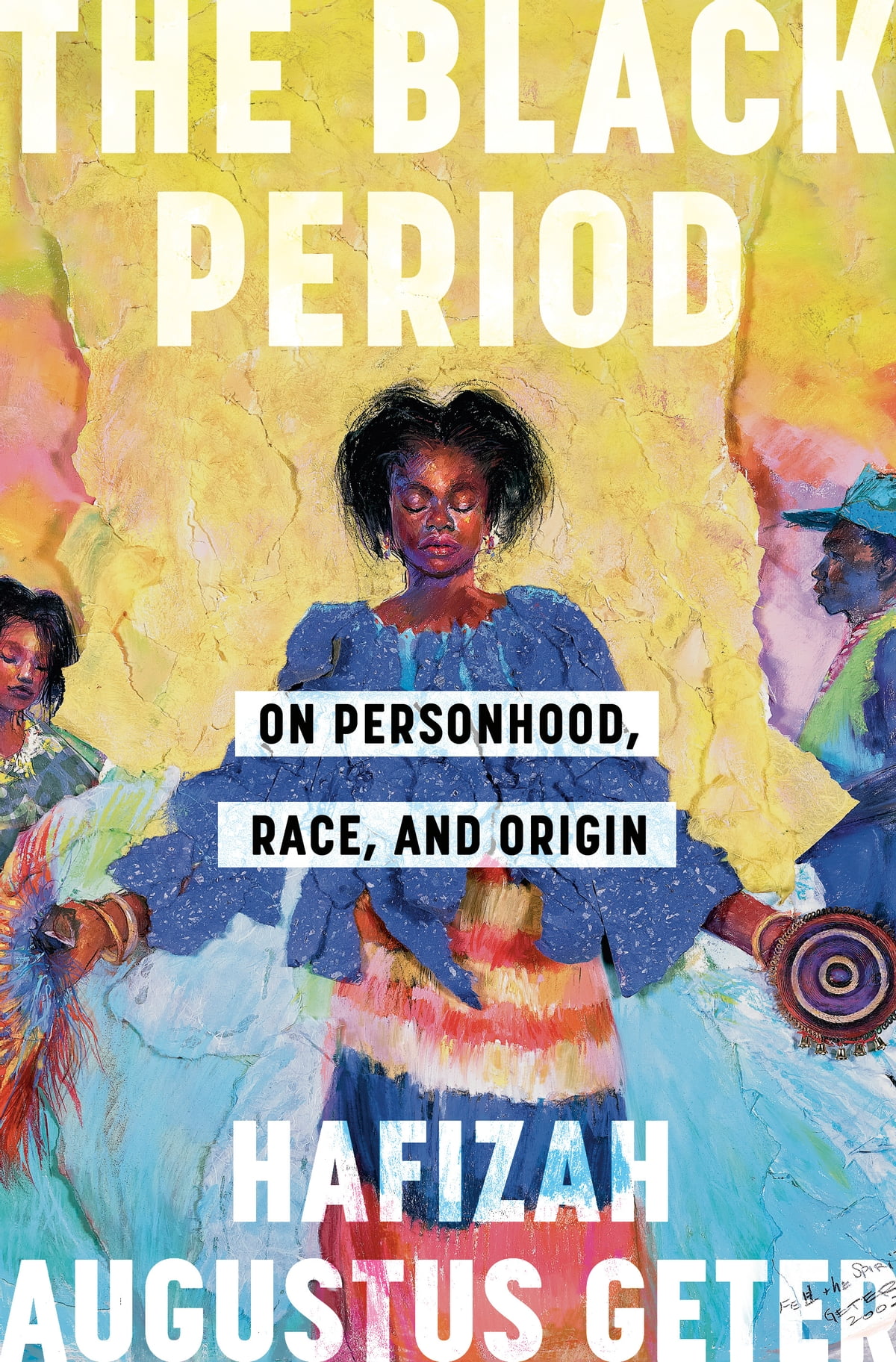
In The Beginning
“What does my name mean?” I loved asking my mother. With a seriousness that opened her face, she’d reply: protector, watcher, guardian, memory. It is an ancient name, derived from the seventh-century Arabic word “hafiz”—one who memorized all eighty thousand words of the Quran. Later, Hafiz was a fourteenth-century Persian poet, a guardian of memory who wrote about hypocrisies, fear, and the moon. I took my mother seriously from the start. For her, for me, for all of us, I wanted to be memory, protector, and the protector of memories.
I spent my childhood watching my father remake us into charcoal, oil, and pencil. I wanted to preserve something I loved like that. He taught me the mirror trick for drawing faces. I held the world I’d drawn up to a mirror and by that small shift in looking, what I’d drawn was new, full of miscalculations: an eye too low, the mouth too crooked. It quaked something in the soft part of me to know what was there to see was seldom what the bare eye saw. It’s okay, my father told me. There was always time for starting over or revision. Like him, I wanted to be an accurate witness. There was as much to guard as there was to see.
For a time, whatever image America tried to draw of me and the world, my mother’s stories and presence and my father’s art were there to correct. My father is still like this: a man trying to hold up a promise made to his dead wife, to set their children’s world right.
When did I put my parents’ lessons down?
My therapist, who is a Black woman, had me look up “dissociation.” Dr. Lamb has heard me say more than once how, after my mother died—I was nineteen, and my father so stunned that six weeks later he needed a triple bypass—my world picked up a tornado’s wind. Having seen how the world’s vision of me was marred with anti-Blackness and homophobia, instead I took up the work of self-surveillance. How American, to mistake policing for protection, to confuse the hunter for a guardian. With my mother gone and my father, quite literally, heartsick, there was no one to correct the story. My mirrors shattered, I stood with my hands up in the eye of the storm.
There are years I barely remember, so deeply entrenched was I in grief and shame’s blackout. There are years I can tell you exactly where the tornado blew every single thing. Years I forgot the meaning of my name. There were years it felt like I had no body. Years so angry, it felt like I had no heart. Lost in grief, I’d lost track of what my parents had taught me about myself. Instead, I swallowed America’s messages. In Dr. Lamb’s naming, I began to draw a map out.
I saw the Patriot Act and 9/11 as being knotted up with my difficulty grieving my Nigerian and Muslim mother. I saw anti-Blackness and Islamophobia laying the building blocks for my young terror over everything, including my own queerness. I understood the shame I carried over my chronic pain and my families’ ailing bodies as state designed. After all that, there was still more to know.
How had climate change become another one of America’s tools, catalyzing Black and brown death? Was it my colonizer’s tongue that was poisoning me? Was it the darkness that surrounds a queer woman before she’s opened her closet? I’d lost the thread to my own story.
By the time the immigration detention centers were flooding the news in early 2016, I could see clearly that what history had unleashed on Black people was being used as a road map to harm others, and what was I supposed to do about that? What did I owe non-Black oppressed people? And what did it mean to want love from a nation built on someone else’s erasure, on genocide, on stolen land?
I felt complicity for what I’d been forced to inhabit, and for what I’d gotten too comfortable with to disavow. Why do I have this mouthful of grief for people I’ll never know, never meet?
I roamed like a zombie from physical therapy to my chiropractor’s office to pain management centers. My body was constantly seeping with pain. I didn’t know what to do with all my compounding hurts, but understood the stress of America had latched itself to the wound. More than anything, I wanted to know: How long is history? And how long would I have to be responsible for it? I needed healing and, in every beginning, found the violences of history. I looked and looked and looked at Black people until what I’d forgotten about us began to come back. I expected each violence unearthed to be a new wound. But no. History uncovered was my mind’s salve.
I was trying to emerge from erasure.
Suddenly, I was standing at the cliff of my own life, remembering. White America had palimpsested itself over us. But scrape the picture back with one of my father’s palette knives, and the world became splashed in colors once again. When I got to what I thought was my beginning, I had to go even further back. We, too, were a palimpsest written over someone else’s origin story, someone else’s land. There was a two-stranded twist where Black and Indigenous life wrapped around each other. There was a liminal space where our ancestors were obligated to each other, and where we were kin. My work was to find it. I’d know I’d arrived because there, our responsibilities to each other would be recognized as our good fortune.
I had to go back and then I had to go even further back again, until I’d gone so far, I ended up at time’s beginning. There, I saw: I’d been living inside the story begotten by white America, but I’d been born into something else—what was it?
To find it, first I’d have to name it.
I was doubling back for what I’d lost—forgotten. I found that what haunted me was the rest of the story. The stories America intentionally forgot, obscured, mistold, hid. I took one step backwards, then another, preparing for each step to feel like quicksand. I knew a beginning was more than a starting point, it was a course of action. From earth’s 4.5-billion-year history, I knew a beginning could be the longest road ever toed.
Theologians of the earth, geologists understand time and history in millions and billions of years, and through the formation and changing of the earth’s rocks. They give time its own unique monikers: eons, eras, periods, epochs, ages. But my favorite thing about geology has always been how it makes time physical. Geology insists that time and history are matters of space, place. We know the Grand Canyon is six million years old because its Precambrian rocks tell us so. Hadn’t I always been obsessed with time?
In elementary school, one of my favorite stories was The Land before Time. A group of trembling young dinosaurs flee famine, survive drought, earthquakes, a mother’s death—though the dead mother’s voice remains as a ghost in the ether. Her vestige guides them to safety and an oasis known as the Great Valley, which gapes back at them with still fifty-nine million years to go before the Grand Canyon is born. Their worlds have ended—their mother, their origin story, is gone. Their hand forced, they must begin something else.
How long it takes to start over was another way to measure time.
I peered into the earth’s crust, and I saw time. In illustrated textbooks, time stretched longer the closer I got to the earth’s fiery heart. I memorized landmasses. A valley was a low place that could take one hundred thousand years to form. Hills were born from the time-consuming buildup of deposits. Faults were exactly what I feared: with enough time, even the earth could fracture. My favorite lesson was always the supercontinent Pangea. Two hundred eighty million years ago was a geology where all was connected and the continents kissed. I was searching for a beginning like this.
“The mysteries of time are bound up in the great unknowns of the body and universe, from consciousness to black holes,” writes book critic Parul Sehgal in “In Search of Time Lost and Newly Found.” “But we’ve always reached for it.” Since the very beginning of time, humans have attempted to fix it, “in language or theory, to possess it, reclaim it—”
When it came to time, my mother couldn’t keep track of it, disappeared into it—severed her daughters from it by rarely speaking of her past. From me, grief and shame plundered years. As a child, the Black adults around me talked time incessantly. We didn’t have any/we were running out/we’d been robbed—still could be. We measured time not in rock or fossils but with stories and through ancestors.
They made us that same kind of sturdy. Our ancestors were our Genesis, and I was trying to retrace/outrun/name the Fall. Had there ever been any kind of Eden?
***
Buy The Black Period here: Amazon
Excerpt from THE BLACK PERIOD published by Random House, an imprint and division of Penguin Random House LLC. Copyright © 2022 by Hafizah Augustus Geter.


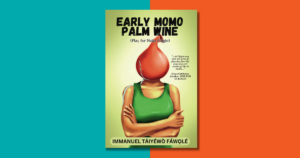
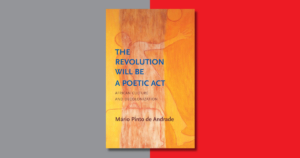
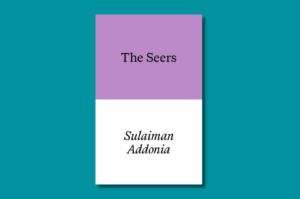
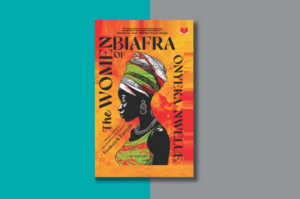
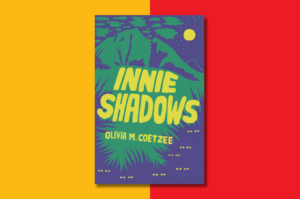
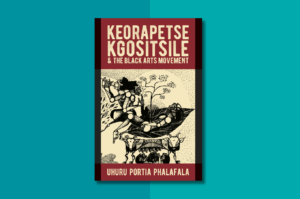

COMMENTS -
Reader Interactions